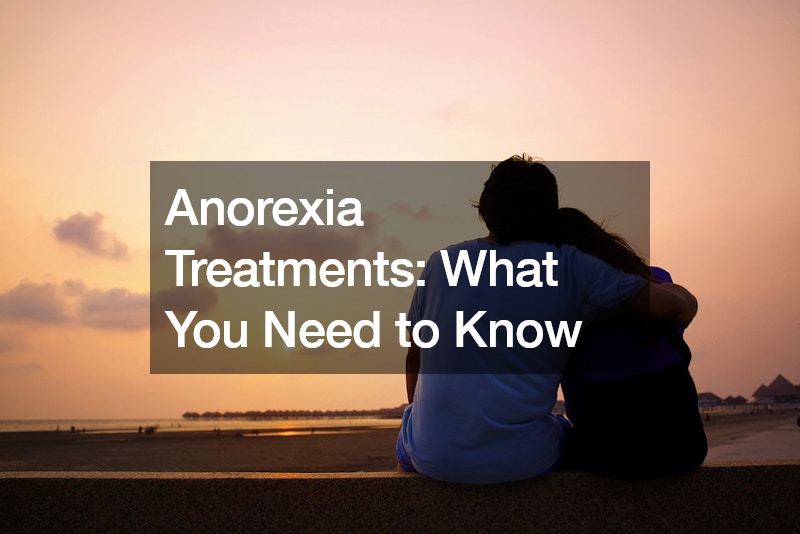Anorexia Treatments What You Need to Know

Anorexia nervosa, a complex eating disorder characterized by extreme food restriction and a distorted body image, requires a comprehensive treatment approach to address both its physical and psychological components. Understanding the available anorexia treatments is essential for individuals navigating the challenges of anorexia.
Therapeutic interventions form the cornerstone of anorexia treatment, focusing on addressing the underlying psychological factors driving disordered eating behaviors. Cognitive-behavioral therapy (CBT), interpersonal therapy (IPT), and family-based therapy (FBT) are among the evidence-based approaches utilized to challenge distorted beliefs surrounding food and body image, fostering healthier coping mechanisms and improving overall psychological well-being.
Nutritional rehabilitation is another vital component of anorexia treatment, aiming to restore a healthy relationship with food and weight. Collaborating with registered dietitians, individuals create structured meal plans tailored to their nutritional needs, with a focus on gradual weight restoration and balanced eating habits. Additionally, medical monitoring is essential to assess physical health parameters, including vital signs, electrolyte levels, and bone density, ensuring the safety and well-being of individuals undergoing treatment for anorexia.
With a comprehensive treatment approach encompassing therapy, nutritional support, and medical care, individuals grappling with anorexia can embark on a path toward recovery. By addressing both the physical and psychological aspects of the disorder, individuals can cultivate a positive relationship with food and body, reclaiming their health and well-being.

